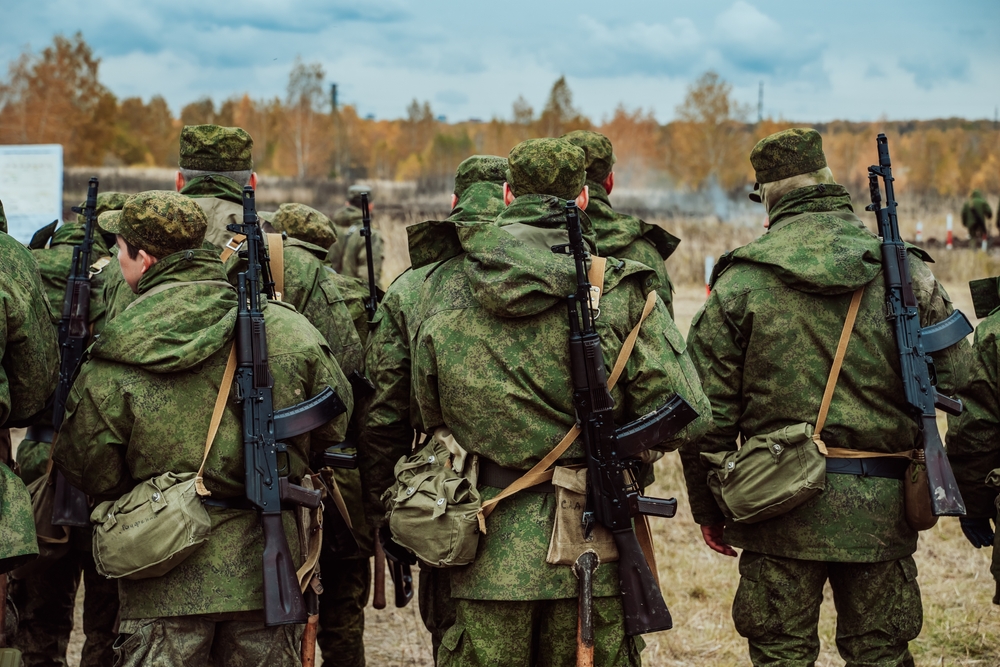Others are reading now
The Idite Lesom (“Get Lost”) group, dedicated to helping Russian soldiers desert their units in Ukraine, has reported a significant surge in requests for assistance.
According to The Moscow Times , the group received 577 requests for help between September and November, marking an 89% increase from the 305 requests recorded between June and August.
The rise in desertion attempts is linked to soldiers losing hope in being demobilized and returning home.
Sergei Krivenko, director of the Grazhdanin. Armiya. Pravo. (“Citizen. Army. Rights.”) human rights group, noted that servicemen have realized that there is no rotation in place and that even seriously wounded individuals are being sent back to the front lines after hospitalization.
Also read
In October alone, Idite Lesom recorded the highest number of desertion attempts with 218 cases. Pavel, a Muscovite who served in Ukraine and chose to desert his unit after being severely wounded twice, shared his experience with The Moscow Times under the condition of anonymity.
Pavel’s story is one of many, reflecting the dire circumstances faced by Russian soldiers and the drastic measures they are taking to escape.
According to Krivenko, very few attempt to escape from the war zone due to the high risk of getting caught. Deserters are often detained and sent back to the front without the cases being brought to court.
Grigory Sverdlin, the head of Idite Lesom, acknowledged the challenges faced by soldiers trying to desert from the front line, including limited communication with the outside world and often not having any identification with them.
The Hochu Zhit (“I Want to Live”) project in Ukraine has received over 22,000 applications from Russian servicemen since the mobilization was declared. This project helps servicemen surrender voluntarily, although they are also considered deserters.
The independent Mediazona news website reported that since the start of mobilization, 4,121 cases of unauthorized abandonment of duty have been sent to military courts, with the majority resulting in suspended sentences.
However, these sentences do not prevent soldiers from being sent back to the front lines and can be converted to actual jail terms, keeping the deserters under tight control.
The situation is further complicated by recent amendments signed by President Vladimir Putin, requiring men to surrender their international passports upon receiving a draft summons, making it difficult for servicemen to flee abroad.
This report underscores the increasing desperation among Russian soldiers in Ukraine and the complex legal and logistical challenges they face in their efforts to desert.
Russian attack fails as Ukrainian artillery strikes enemy personnel carriers in Robotyne – Watch it here:

